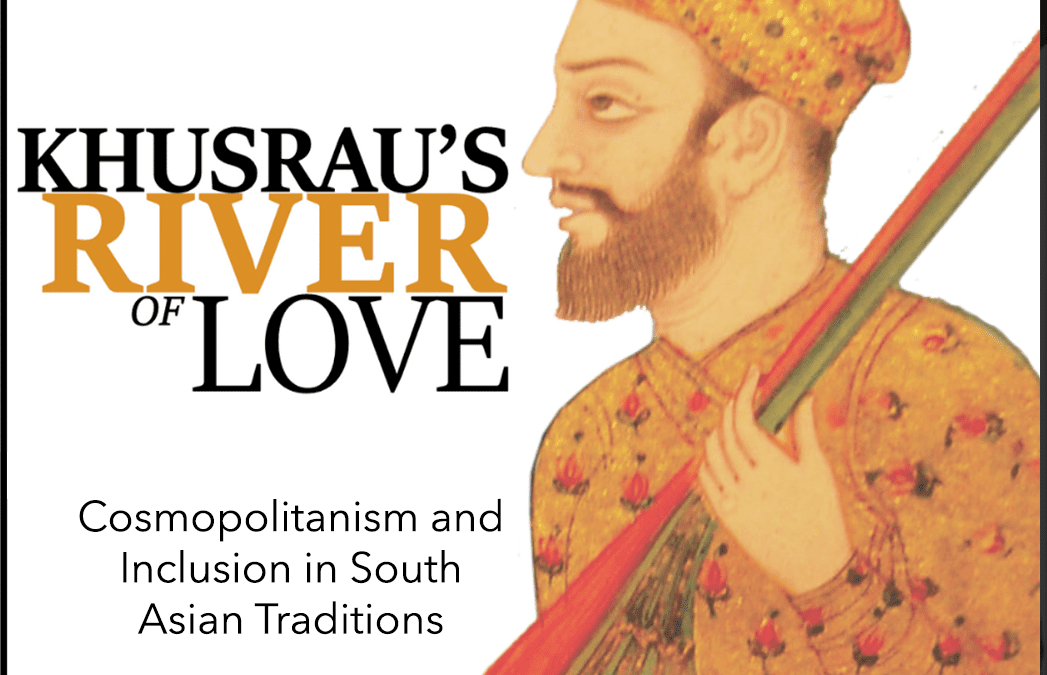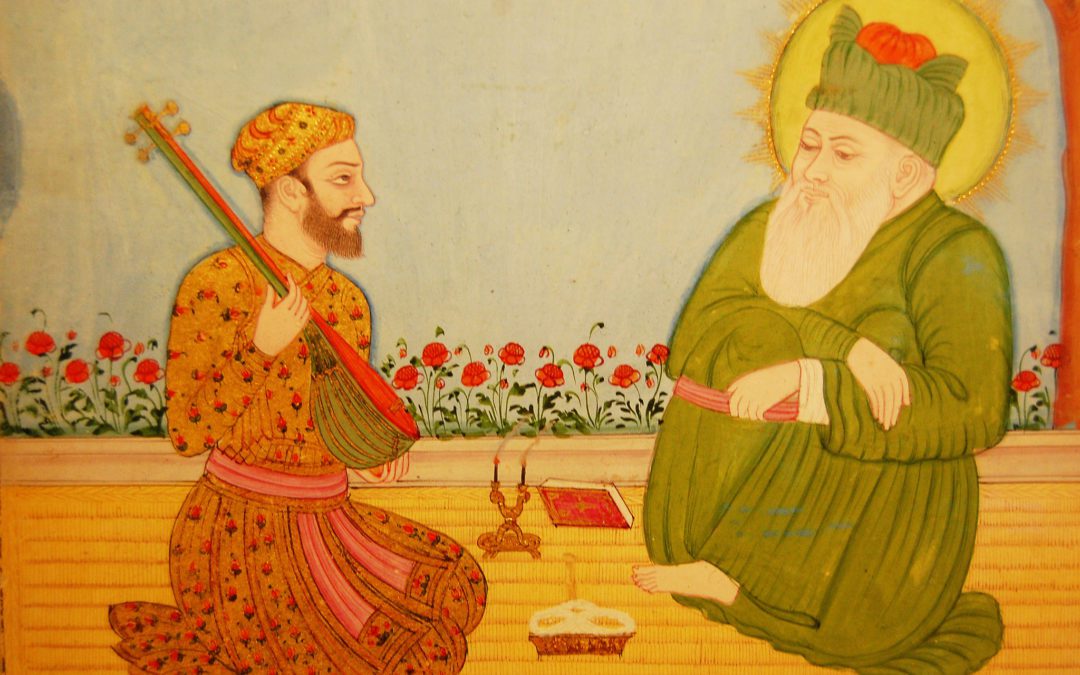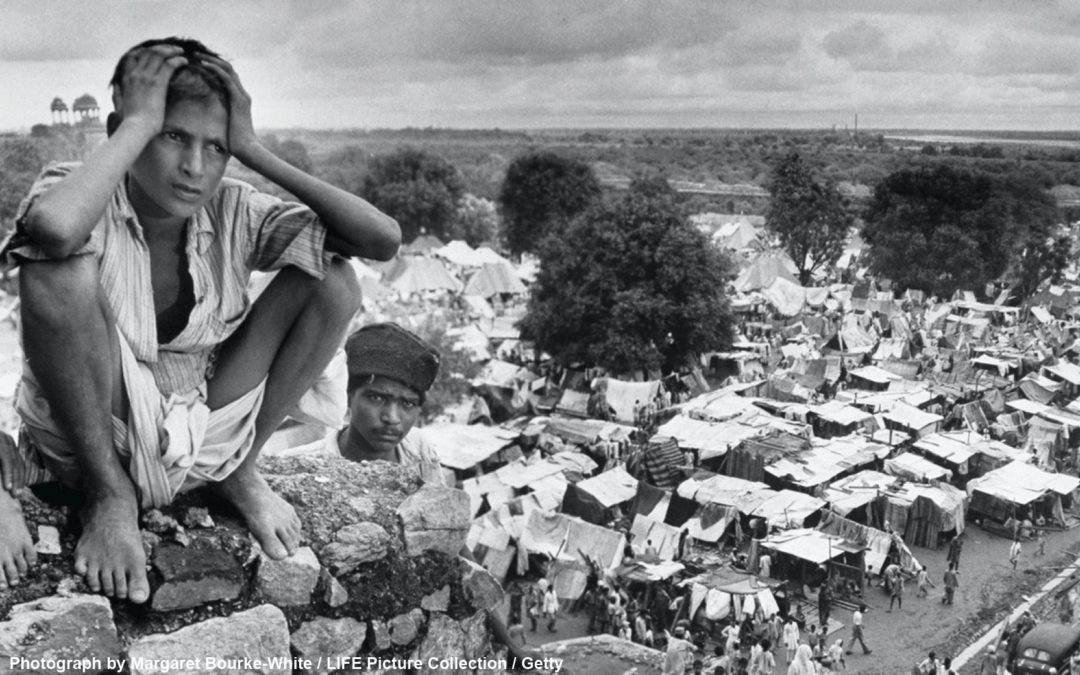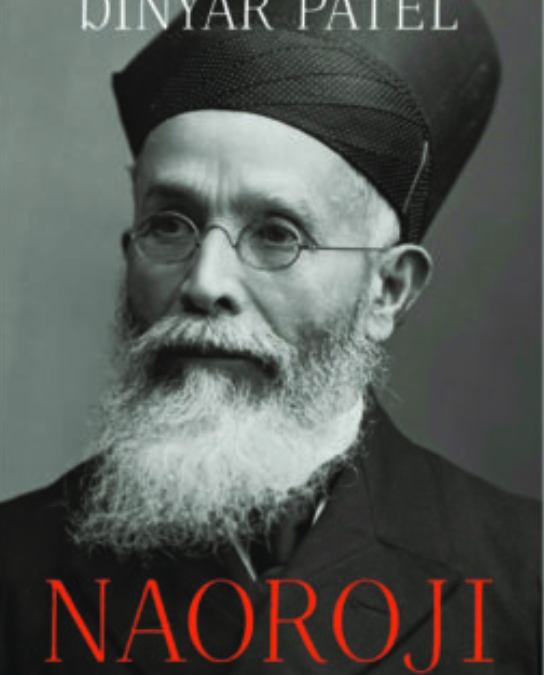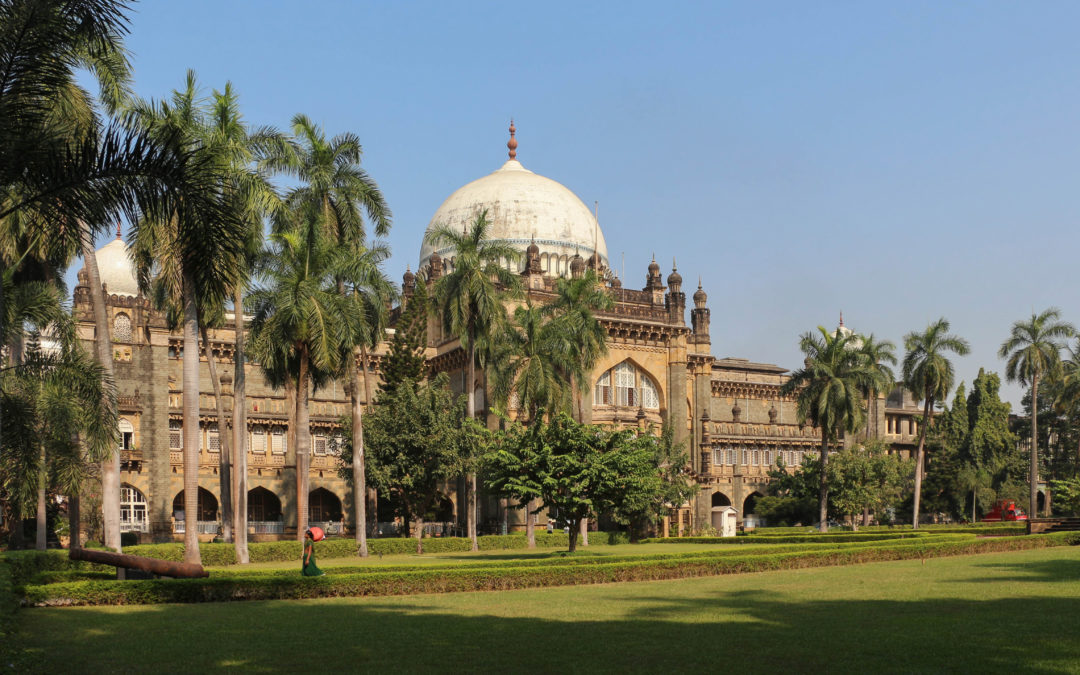How Has COVID-19 Impacted Mental Health in India, China, and the US?

This past week, a panel of experts came together to explore the impact of COVID-19 on mental health and how India, China, and the United States are responding to it. The discussion was moderated by Arthur Kleinman, Professor of Medical Anthropology at Harvard Medical School, and hosted by Winnie Yip, Professor of Global Health Policy and Economics at Harvard T.H. Chan School of Public Health and Acting Director of the Fairbank Center for Chinese Studies.



